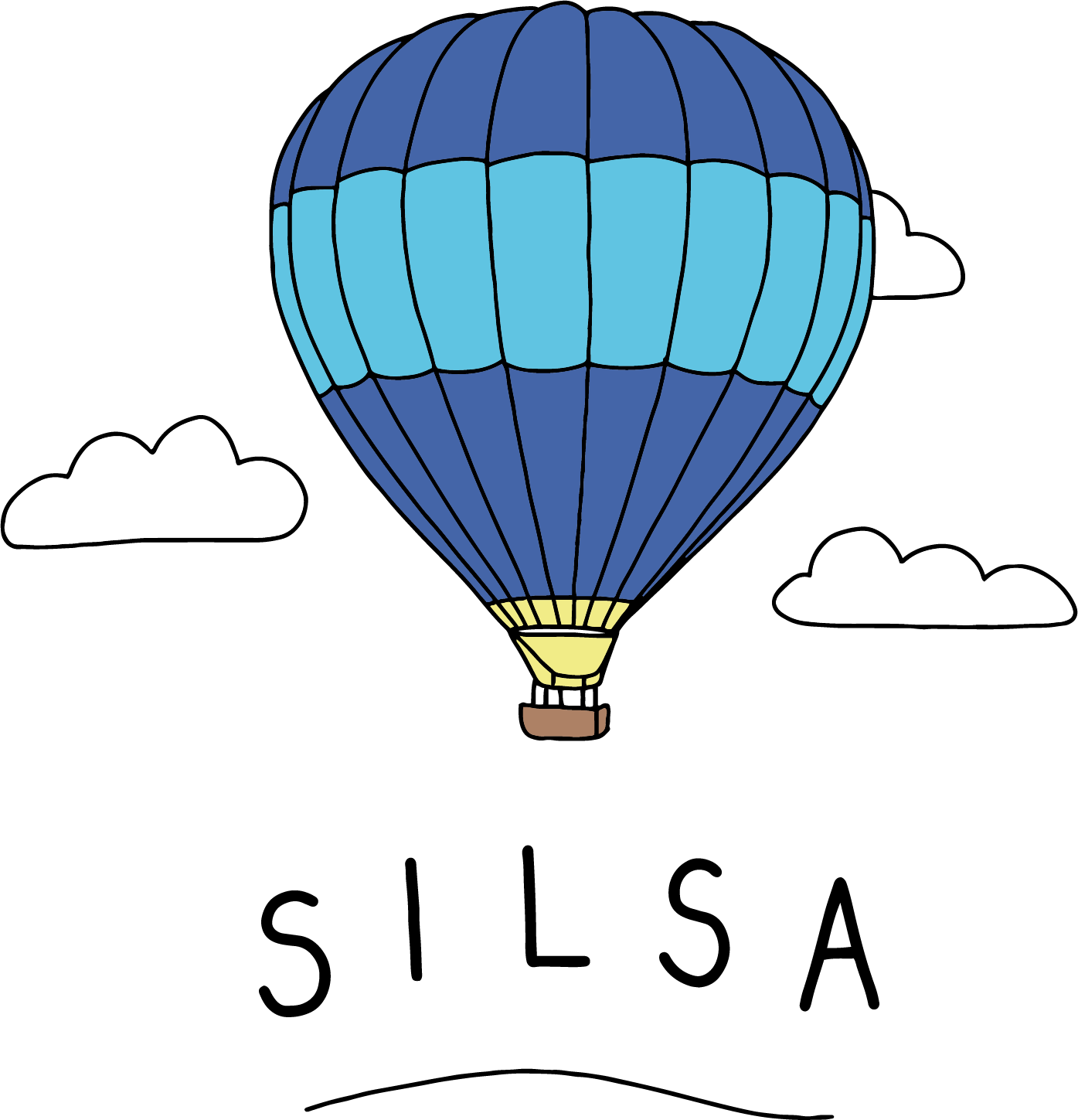SILSA Programme

The SILSA Programme is an innovative approach to help meet the needs of pupils with Speech, Language and Communication difficulties in our schools. It provides evidence-based training / support and is grounded in decades of experience working in mainstream schools; between us over 40 years of speaking with Heads, SENCOs, teachers and support staff, as well as working with pupils. In many ways SILSA is a direct response to the challenges that school staff, particularly SENCOs and teaching assistants, have raised with us about identifying and supporting children with SLCN.
SILSA has evolved from the reality of working in busy mainstream schools with competing demands and limited time and resources. It is a flexible approach, rather than a unitary resource or prescriptive plan. Consequently, it can be used adaptively to support the priorities and aims of individual schools. See below and also our FAQs for further details
Feedback from our recent SILSA Programme training
Background to the SILSA Programme
The initial idea for the SILSA Programme was developed during the Covid-19 lockdowns and restrictions of 2020 and 2021. This created both the space and the need to look at things differently and to consider new ways of working. It was also in anticipation of a further increase in the number of children with SLCN as a result of the pandemic restrictions – this has been the case. Key considerations in the creation of the programme were:
✓ The influence speech and language skills have on a pupil’s success at school, both academically and socially.
✓ The key role school staff have in developing children’s speech and language skills and supporting pupils with SLCN.
✓ The need to create a sustainable model of ongoing training and supervision for staff with a SLCN role in schools.
✓ The importance of early / prompt identification of pupils with SLCN so that their needs can be recognised and not mistakenly ascribed to something else, e.g a broader learning need / behaviour difficulties.
✓ The Health and Care Professions Council (HCPC) standards for safe clinical care which stress that Speech and Language Therapists:
4.1 “…must only delegate work to someone who has the knowledge, skills and experience to carry it out safely and effectively”
4.2 “…must continue to provide appropriate supervision and support to those you delegate work to”
What’s Involved
The diagram below explains what is involved in the SILSA Programme during the first year and subsequent years:
Year 1
ELKLAN 5-11s Course and Accreditation
(or a refresher day if this has been completed previously)
+
3 Days of SILSA Training
+
Half-Termly Group Supervision Sessions
(once the training has been completed)
+
Annual Study Day
(focusing on a specific topic e.g. running group interventions)
+
Whole School Training (schools choose from menu)
![]()
Subsequent Years
Half-Termly Group Supervision Sessions
+
Annual Study Day
+
Whole School Training (schools choose from menu)
Why SILSA?
At the heart of the SILSA Programme is an emphasis on training and skill development of school staff. The programme aims to help answer the questions that school staff have been asking us over the years such as:
“How do we carry out Speech Therapy activities / programmes?”
“How can we support this child in the classroom?”
“What is meant by….?”
“What can we use to identify children who have SLCN?”
“Where do we go next?”
The training SILSAs undergo, as well as their supervision sessions, aims to help answer these questions and to develop both knowledge and confidence. SILSAs learn to use new resources and screening assessments and to understand / interpret these. They are also the perfect person to use existing options that can help identify and support pupils with mild to moderate language needs, such as the Talk Boost programmes from Speech and Language UK, and Language Link.
The SILSA Programme aims to work with whatever provisions for SLCN a school may have already, and to improve / extend this by having a lead professional in school with detailed knowledge about SLCN. This is evident in group SILSA supervision sessions e.g. when SILSAs discuss how they are incorporating additional aims into an existing language activity to more fully target a pupil’s needs.
SILSAs can also use their knowledge and skills, as well as their supervision sessions, to help them support a broader range of pupils such as those with speech sound difficulties, pupils who stammer, or those who may have selective mutism. These may be children with more significant needs who are awaiting assessment by Speech and Language Therapy. Equally, they may be children who have been seen by a Speech and Language Therapist and where a specific programme / aims have been provided. SILSAs learn common approaches and terminology used within Speech and Language Therapy, and how to implement programmes effectively so that impact is maximised. As such, SILSAs are ideally placed to carry out these programmes or to assist other staff in school who have been asked to do so.
We believe the SILSA Programme can have an essential role in SLCN provision in schools and existing SILSA schools are already accessing the benefits of this. Please see our FAQs for further information and to find out where the SILSA programme is currently operating.
Thank You
The SILSA Programme has been heavily influenced by the ELSA (Emotional Literacy Support Assistants) Programme run by Educational Psychologists (www.elsanetwork.org). The success and sustainability of ELSA has been an inspiration in the development of SILSA and we are very grateful to Shelia Burton, the founder of ELSA, for the time and advice that she has provided to us.
We are also grateful to Henrietta McLachlan from ELKLAN for her input and suggestions, and in particular for assisting with the design for the initial SILSA evaluation.
Above all, we are grateful to the initial group of schools and SILSAs who worked with us so enthusiastically and constructively to take the SILSA Programme from an initial idea to a developed scheme that is being used successfully in schools.
